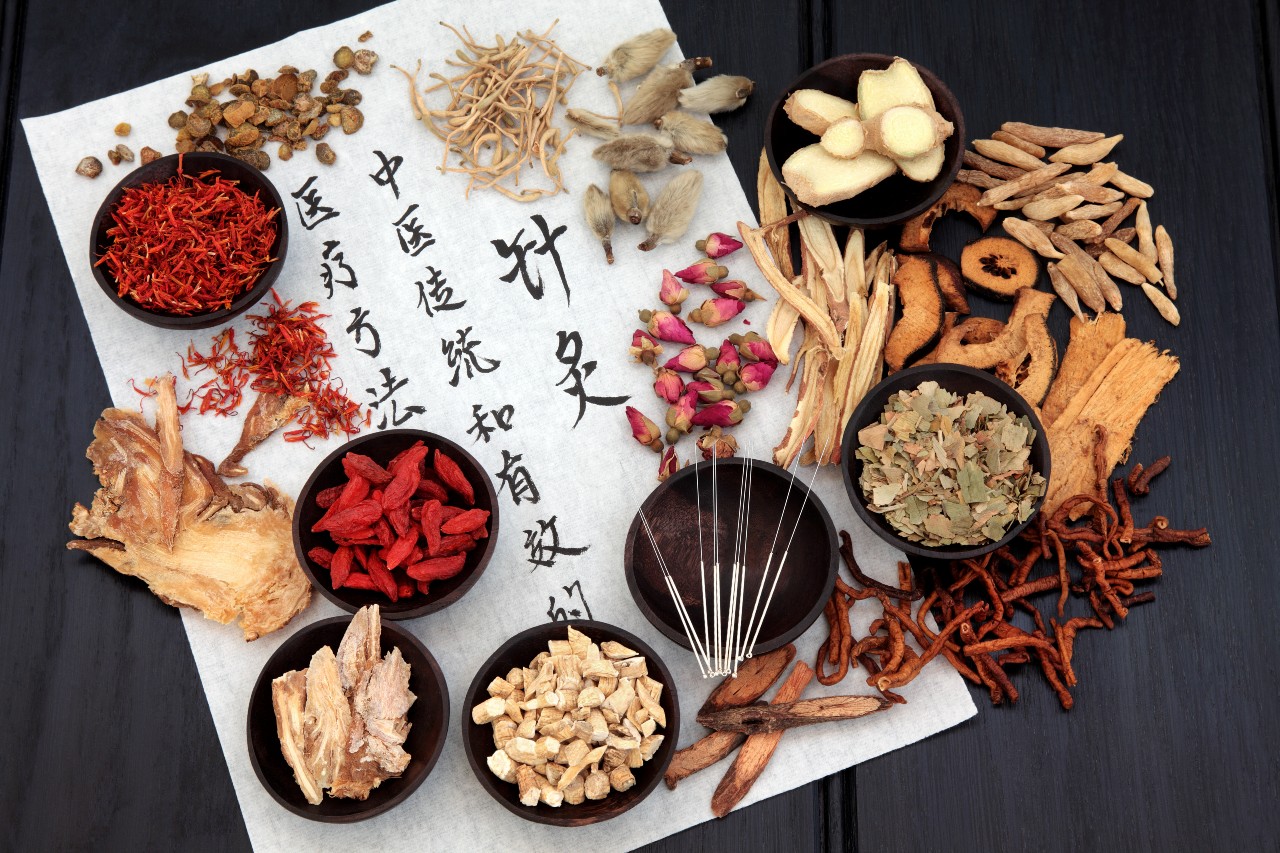What is Seasonal Affective Disorder (SAD)?
Seasonal Affective Disorder (with the appropriate acronym of SAD) is a specific type of recurrent depression that is related to the seasons, normally beginning and ending at the same time every year. Usually the symptoms of SAD will start to appear in late autumn or winter as the days start to get longer and the colder months set in, then improve again by spring.
But some people may also have the opposite pattern, where they feel more depressed over the summer months, beginning in late spring or early summer. In all cases the symptoms will progressively get worse as the season deepens, and then start to clear as the weather changes.
What are the symptoms of Seasonal Affective Disorder (SAD)?
- Low mood, feeling depressed
- Difficulty concentrating
- Low energy, feeling sluggish
- Sleep difficulties
- Agitated mood, or irritability
- Losing interest in your normal activities
- Changes in appetite or weight
- Feeling hopeless, worthless, or guilty
- Suicidal thoughts
SAD in autumn and winter may have some other specific symptoms:
- Oversleeping, sleeping through your alarm clock
- Cravings for sugar and carbs, comfort foods
- Weight gain
- More pronounced tiredness and lethargy
SAD in summer also has some specific symptoms:
- More pronounced insomnia
- Poor appetite, weight loss
- Agitated mood, anxiety
How common is Seasonal Affective Disorder in Australia?
As you would expect, SAD is more common in parts of the world that have long, dark winters with decreased light exposure, such as northern Europe. However, if you can relate to the symptoms listed above, there is a chance you are experiencing seasonal affective disorder. Melbourne has distinct seasons and colder, bleaker winters, and is one of areas in Australia where you are most likely to experience seasonal depression.
Causes of Seasonal Affective Disorder
Although the exact cause of SAD is unknown, it is thought that several factors play a role. Sunlight plays a big part, with people who are experiencing SAD unable to regulate their levels of serotonin as well as others. During summer, serotonin levels are kept higher naturally due to longer hours of sunlight, but in winter are prone to drop as the days get shorter. Serotonin is the neurotransmitter that is thought to be responsible for balancing mood.
People with Seasonal Affective Disorder may also overproduce melatonin, a hormone that is produced as it gets darker at night to help us get to sleep. As we see less sunlight in winter, and are generally inside more in darker environments, more melatonin is then produced, which can lead to you feeling lethargic, unmotivated and lacking in energy.
Low Vitamin D levels have also been implicated in Seasonal Affective Disorder. As Vitamin D plays a role in serotonin activity, insufficiency has been shown to lead to an increase in depressive symptoms.
Acupuncture and Seasonal Affective Disorder
Acupuncture has been shown to be an effective treatment in improving the quality of life for people with depression. Research has found this to be particularly true for people who were experiencing sleep disorders as part of their depression, which is a common feature of Seasonal Affective Disorder. In further studies, acupuncture was found to be a more cost effective treatment for depression with antidepressant medications than with medication alone, and acupuncture combined with counselling was found to be both clinically effective and cost effective.
Read more about treatment with acupuncture for depression.
3 tips to help treat yourself:
Get your Vitamin D levels checked
Seeing a GP to get your Vitamin D levels checked is important through winter when our levels naturally drop due to reduced sunlight, particularly if you are experiencing the above symptoms. It is easy to supplement your levels if you find they are too low.
Get enough natural outdoor light
Exposure to the sun is the best way to keep your Vitamin D levels up. But during the winter months in Melbourne UV levels are low, so you need more time outdoors without sun protection. Aim to spend at least a few minutes through the middle of the day with some skin exposed.
Light therapy (exposure to a bright artificial light) may be appropriate, but it’s best to check with your GP or psychologist before using light therapy to tackle the winter blues, especially if you have other conditions such as bipolar disorder or chronic depression.
Get some exercise
Regular exercise (30 minutes, 3-4 times per week) can help reduce the symptoms of depression by increasing energy levels, being a positive distraction for negative thoughts, and increasing your sense of control and self-esteem. Of course, exercise will also help you get better sleep and wake up feeling more refreshed.
It’s important to note that if you suspect your SAD symptoms are more than the usual “winter blues” and may be a sign of major depression, you should seek treatment from a mental health professional who can diagnose you and help with treatments such as cognitive behavioural therapy or potentially anti depressant medication.
References
Beyond Blue (2019). Feeling SAD (Seasonal Affective Disorder). [Online] Available at: https://www.beyondblue.org.au/personal-best/pillar/in-focus/feeling-sad-seasonal-affective-disorder
Bosch, P., van den Noort, M., Staudte, H. & Lim, S. (2015). Schizophrenia and depression: a systematic review of the effectiveness and the working mechanisms behind acupuncture. Explore, 11(4), 281-291.
Chan, Y., Lo, W., Yang, S., Chen, Y. & Lin, J. (2015). The benefit of combined acupuncture and antidepressant medication for depression: a systematic review meta-analysis. Journal of Affective Disorders, 176, 106-117.
Health Direct (2018). Seasonal Affective Disorder (SAD). [Online] Available at: https://www.healthdirect.gov.au/seasonal-affective-disorder
Jenkins, T., Nguyen, J., Polglaze, K. & Bertrand, P. (2016). Influence of tryptophan and serotonin on mood and cognition with a possible role of the gut-brain axis. Nutrients, 8(1), 56.
Kerr, D., Zava, D., Piper, W., Saturn, S., Frei, B. & Gombart, A. (2015). Associations between Vitamin D levels and depressive symptoms in healthy young adult women. Psychiatry Research, 227(1), 46-51.
MacPherson, H., Vickers, A., Bland, M., Torgersen, D., Corbett, M., Spackman, E., Saramango, P., Woods, B., Weatherly, H., Sculpher, M., Manca, A., Richmond, S., Hopton, A., Eldred, J. & Watt, I. (2017). Acupuncture for chronic pain and depression in primary care: a programme of research. Programme Grants for Applied Research, 5, (3).
Mayo Clinic (2017). Seasonal Affective Disorder (SAD). [Online] Available at: https://www.mayoclinic.org/diseases-conditions/seasonal-affective-disorder/symptoms-causes/syc-20364651
Melrose, S. (2015). Seasonal affective disorder: an overview of assessment and treatment approaches. Depression Research and Treatment, doi: 10.1155/2015/178564






